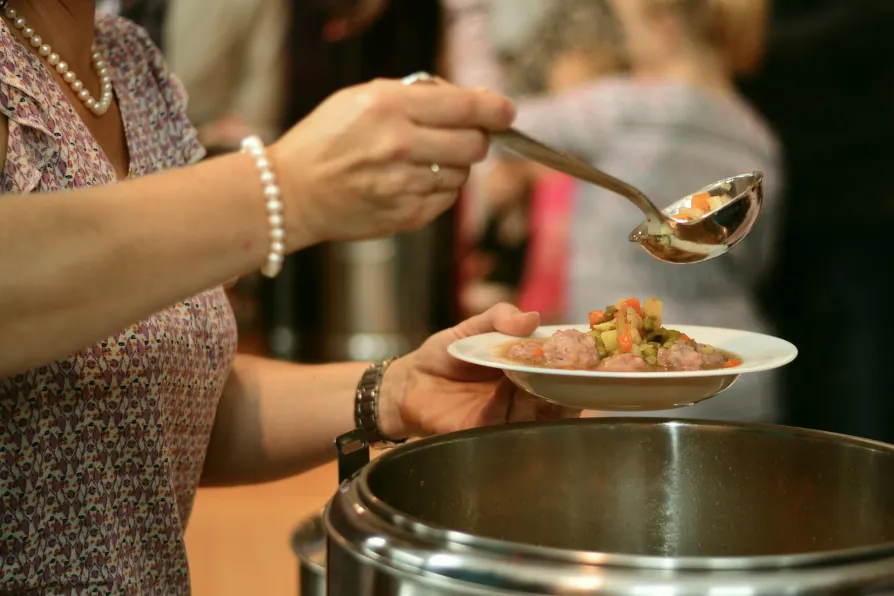The National Education Union general secretary speaks to Ben Chacko on growing calls to protect children from a toxic online culture


I KNOW IT sounds absurd, but many people I speak to who need the help of foodbanks or soup kitchens are embarrassed to go there, often because they come from a generation where there is stigma attached.
There should be no stigma towards people in poverty — the stigma is with the government that relentlessly pushed austerity on us.
Nevertheless, we are still fighting an uphill struggle with people being in need, being in working poverty, living off a state pension (which is not a benefit, it is something they paid for through their tax) who consider it shameful.

The West’s dangerous pesticide dumping in Africa is threatening biodiversity, population health and food sovereignty, argues ROGER McKENZIE

It’s tiring always being viewed as the ‘wrong sort of woman,’ writes JENNA, a woman who has exited the sex industry












